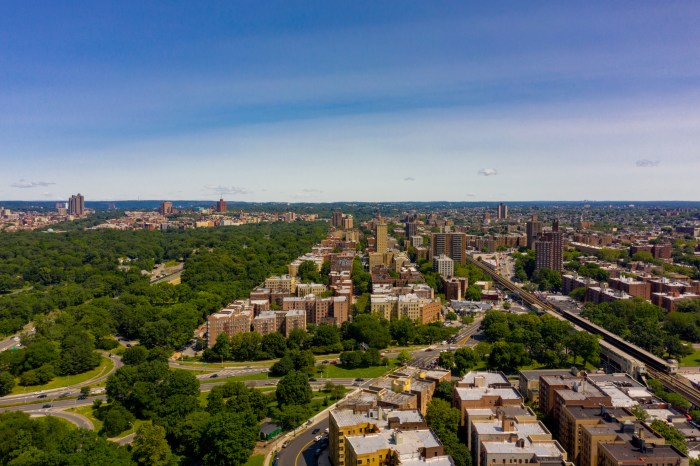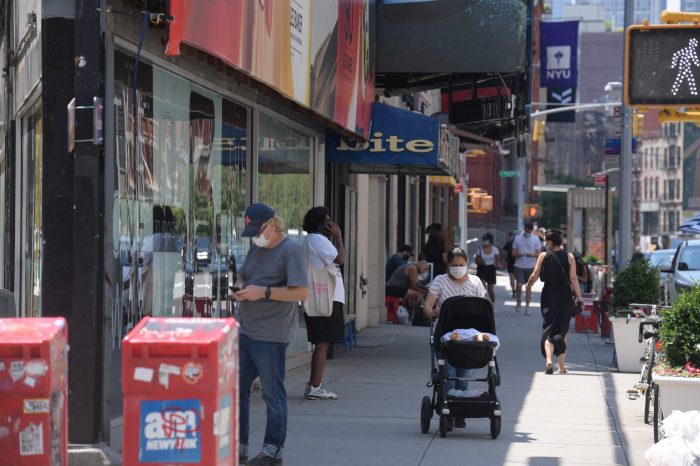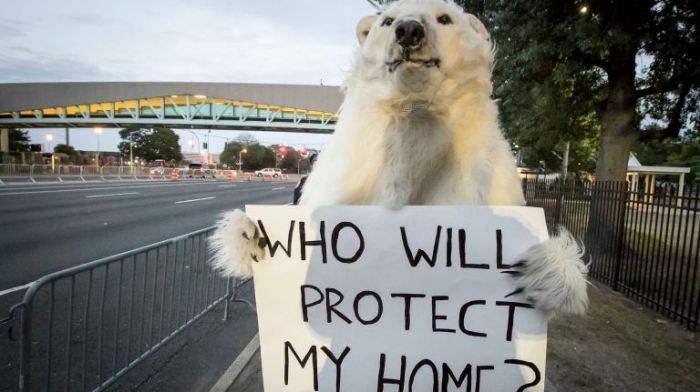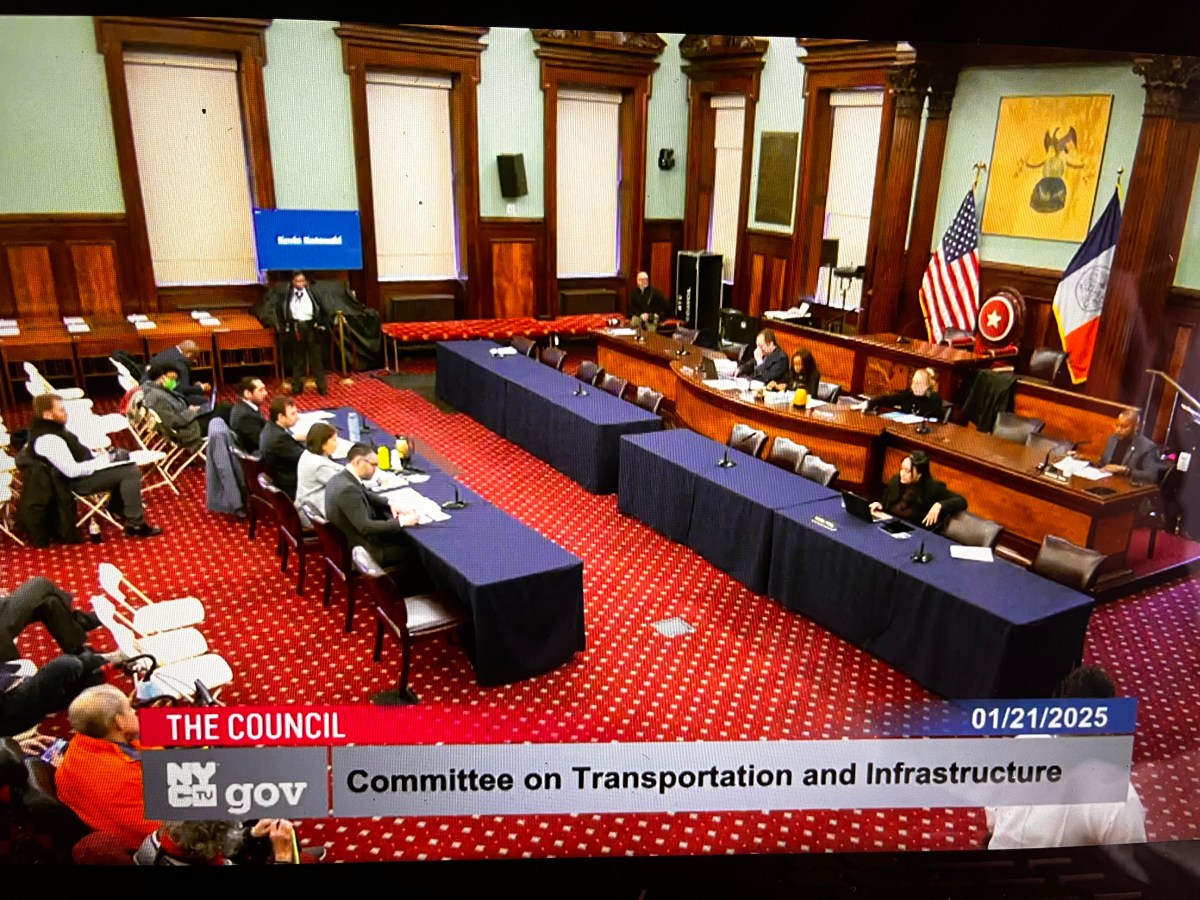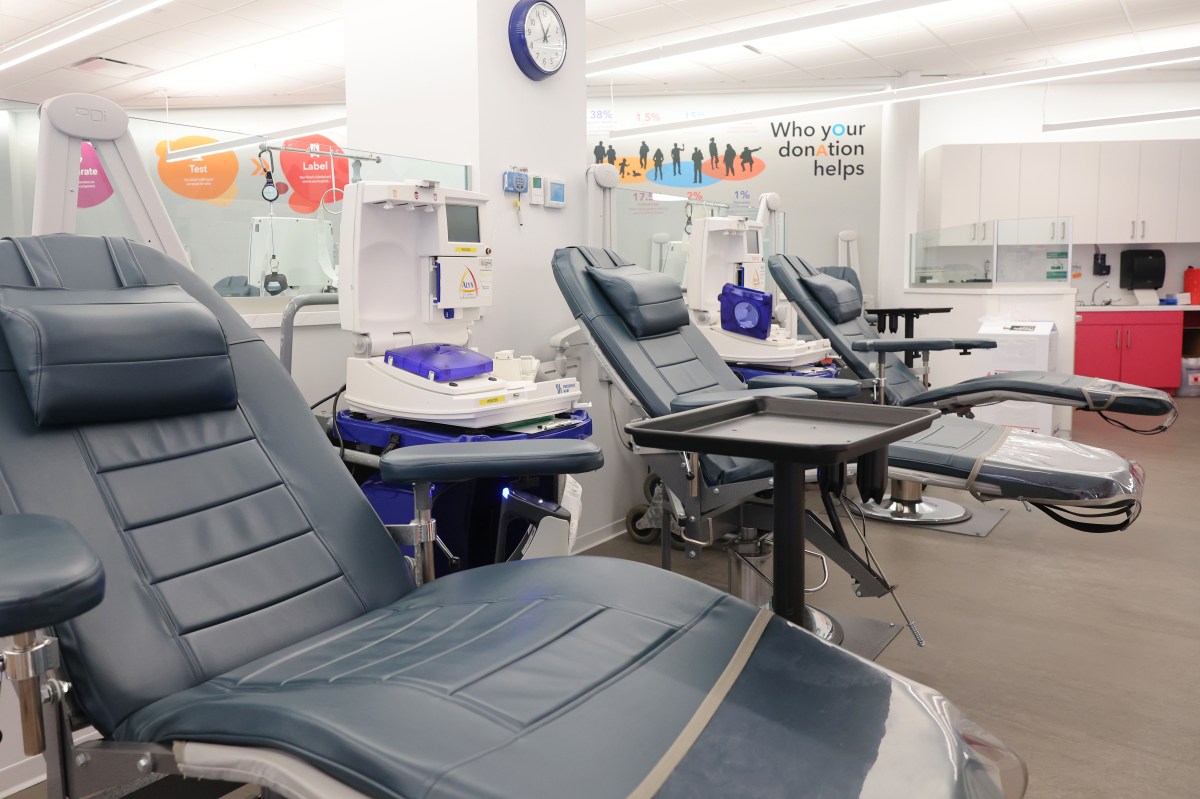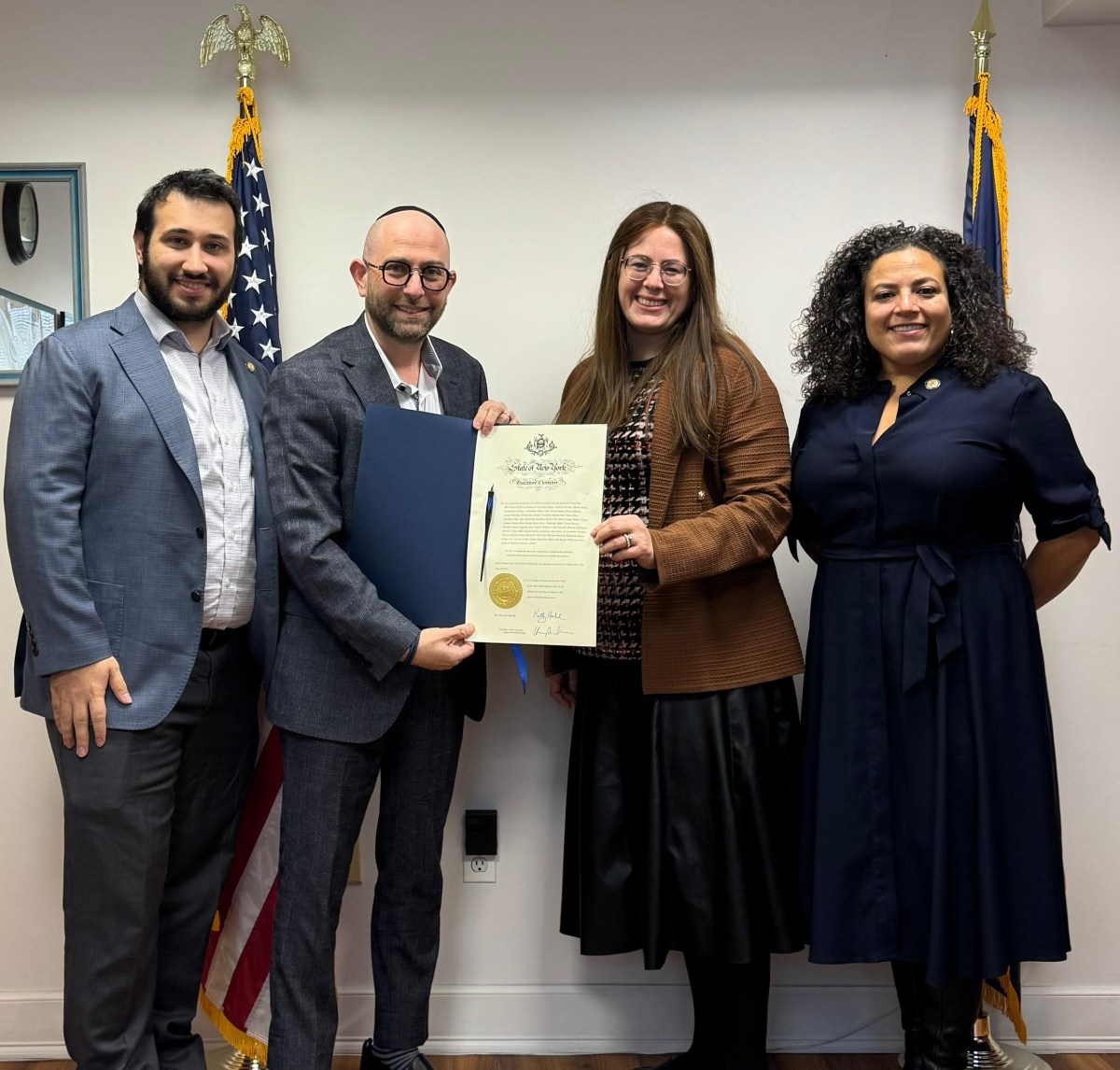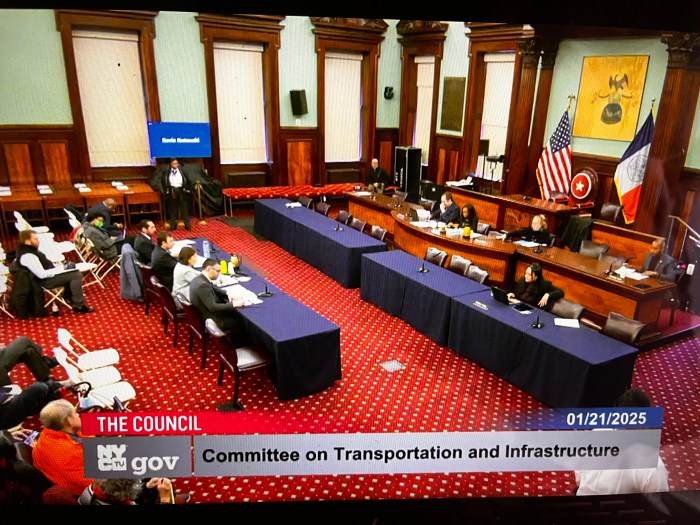It’s widely accepted that families in East New York, Brownsville and other poor neighborhoods have borne the brunt of the COVID’s impact in lost lives, jobs and educational opportunities for their kids. The emotional toll of all this trauma will be felt for years.
So why is the health department making it harder for these families to get mental health and other services by de-funding programs that provide everything from counseling to afterschool programs to help making doctor’s appointments?
The city’s 13 Family Resources Centers have been helping anyone who walks through their doors for more than 10 years, regardless of whether they have insurance or a formal mental health diagnosis. But they will lose all of their health department funding on June 30, under a well-intentioned but flawed decision to ask non-profits to seek state funding to provide these services. It won’t work, and thousands of vulnerable families will be left with nowhere to turn in the midst of a once-in-a-generation mental health crisis.
Family Resource Centers provide comprehensive help to any family whose members have emotional or mental health challenges, or are at risk of them developing them. Services are provided by peers – usually moms – who have themselves raised children with such needs. Not requiring a diagnosis is critical to overcoming the stigma, still prevalent in communities of color, around a mental diagnosis. And offering a range of services – really, anything these families need – is also critical, because these families often have complex problems that don’t fit neatly into one bureaucratic program.
Over the course of the pandemic, Family Resource Centers have been a lifeline to thousands of families. At the center run by the Institute for Community Living in East New York, we provided 3,844 discrete services in 2020—more than three times the 1,155 we had in 2019. This is a testament to how much the community relies on this program and how successful the model is. We also offer easy access to clinical and other services under the same roof at our East New York Health Hub, allowing families to avoid having to waste time and energy navigating the fragmented health care system.
Unless the health department’s current plan is not changed by June 30, it will become much harder for our clients to get help. Many of them would have to present a mental health diagnosis first. And even finding a provider will be difficult, because many of these services are not covered by Medicaid, which is how the state funds peer support services.
Families that do not have a mental health diagnosis will be left in the cold, and even those that do will not receive the level of care they need. Disrupting a model of care that so many families rely on, as we are going through an unprecedented mental health crisis, is irresponsible. The city needs to support our most vulnerable families by continuing to fund Family Resource Centers.
David Woodlock is the President and CEO of the Institute for Community Living, and a former Deputy Commissioner of the NYS Office of Mental Health.




